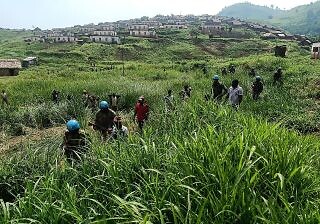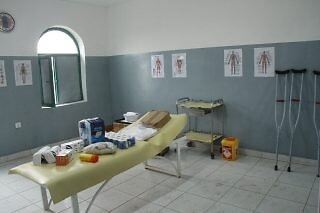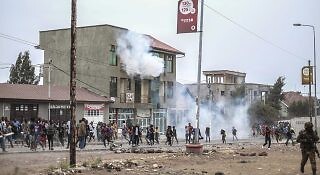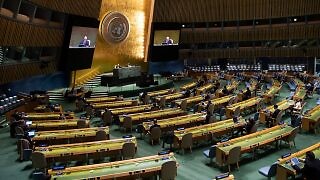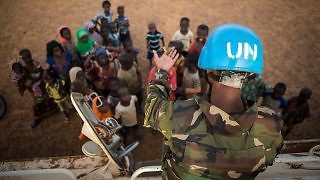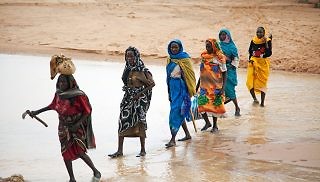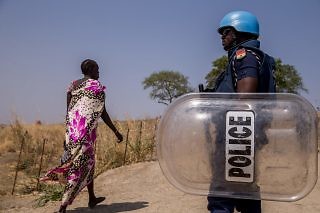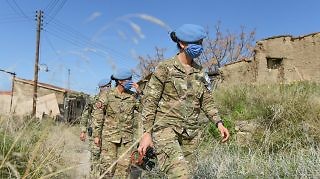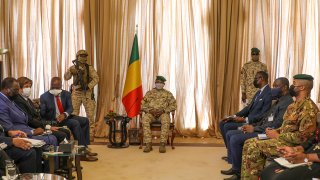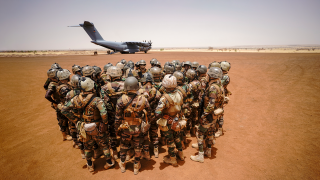MONUSCO’s mandate renewal is an opportunity for the UNSC to prove its relevance as a protection actor in the DRC.
Tag: peacekeeping
-
-
Creating an enabling environment for women peacekeepers, including by providing gender-responsive healthcare, is key to the UN achieving its gender parity goals.
-
Last week, at least 15 people died in protests demanding UN peacekeepers leave the Democratic Republic of the Congo. The week before, the military junta ruling Mali halted troop rotations for the UN mission there and ejected the mission’s deputy spokesperson. These incidents highlight deep-seated crises of consent and legitimacy.
-
Member states agreed to an overall increase in the peacekeeping budget for the first time in seven years, and they endorsed a resolution that considers a wide range of operational, financial, and personnel issues impacting UN operations around the world. But by digging deeper into the newly adopted budget and the policy resolution, it becomes clear that UN peacekeeping still finds itself delicately navigating major divisions and concerns.
-
The UN Security Council does not have the luxury of choosing between normative imperatives associated with preventing atrocities, protecting civilians, and countering terrorism in Mali, the Sahel, and elsewhere.
-
There are a number of reasons why it is difficult for peacekeepers to protect civilians from sexual and gender-based violence, particularly those forms that fall outside of conflict-related sexual violence.
-
Without a corresponding political process, UN protection activities are an ineffective bandaid in situations of widespread violence.
-
The UN, in its implementation of A4P+, must address the heavily masculine, exclusionary, and militarized structures which often preclude women (and anyone outside of a very particular gendered profile) from deploying.
-
Facing its most difficult period since its inception in April 2013, MINUSMA, and the Security Council, now need to acknowledge that their biggest problems in Mali are political.
-
The complex, and not always coordinated, ecosystem of military operations across the Sahel has been aptly labeled a security traffic jam. Why are external forces in the Sahel? Can they help resolve any of the region’s crises? And, if so, what configuration of external forces makes the most sense?
